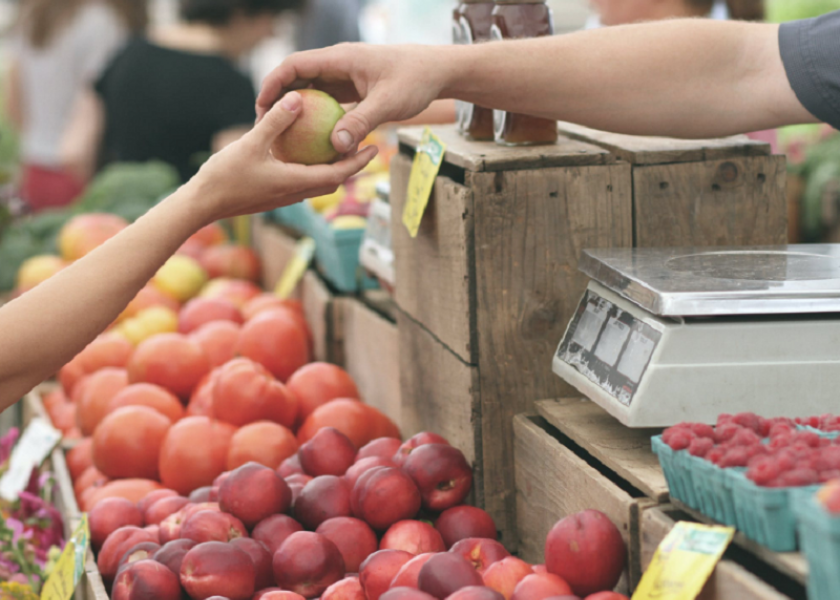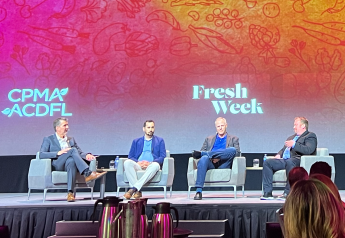Texas study finds gap in food safety knowledge for small growers

A survey of small Texas farms indicates a “significant gap” in food safety protocols and resources, according to a new study from the University of Houston.
Very few small growers — most of whom are not required to follow federal food safety guidelines — said they had previous food safety training, according to the study by the University of Houston Conrad N. Hilton College of Hotel and Restaurant Management.
Seventy small farmers were surveyed in 2019 at a fruit and vegetable conference in Rosenberg, Texas, to measure their knowledge of food safety protocols, according to a news release.
The results are published in the Journal of Food Protection.
The researchers’ goal is to develop targeted and specific food safety training materials for small growers, who typically sell most of their produce at farmers markets and earn less than $25,000 in annual sales.
Providing handwashing and portable toilet facilities should be the growers’ priority, lead study author Zahra Mohammad said in the release, as they help prevent cross-contamination and reduce the risk of foodborne illnesses.
“There are definite gaps in their food safety knowledge, so it’s critical that we reach these small growers with robust education to make them aware of the risks associated with these practices, as well as safer alternatives,” Mohammad, a post-doctoral fellow at the Universsity of Houston, said in the release.
Key findings of the survey, according to to the release:
- More than 34% of growers use manure and 51% have domestic animals on the farm;
- Only 25% of growers have access to food safety training materials for employees;
- Only 21% of participants have had previous food safety training; and
- 87% did not test irrigation water.
The study was funded by the Food and Drug Administration and the Texas Department of Agriculture.
Dante Galeazzi, CEO and president of the Texas International Produce Association, said the study reflected the very smallest growers.
“Some smaller farmers simply do not have the resources of the larger farms, and since many function with 100% direct-to-consumer sale formats they are not encountering a supply chain that expects these regulations to be in place like commercial operations, Galeazzi said in an e-mail. “The good news is the Texas farms that do provide a vast, vast majority of the fresh produce that enters the marketplace are following the rules and do have all these precautions and best practices in place.”
Galeazzi said the Texas Department of Agriculture and university partners have done extensive outreach to bring education on food safety best practices to small farms.
“I think this study is a clear indicator that more outreach is needed and we can never stop providing education and training to the farming community, regardless of size,” he said. “Even if these small farms are exempt from FSMA and the Produce Safety Rule, we — as an industry — should never give up trying to improve our practices and our offerings so that we can continue brining to market the best and more nutritious fresh produce possible.”
The Texas Department of Agriculture is committed to promoting Texas agriculture regardless of the size of the farm, said Richard De Los Santos, director of produce safety for the Texas Department of Agriculture.
One method of helping to make all farms successful is to identify the needs of growers, and the University of Houston study helped to do that, he said in an e-mail. "Once needs are identified we can work together to provide targeted training and training materials. We are currently working on develop these training materials."







